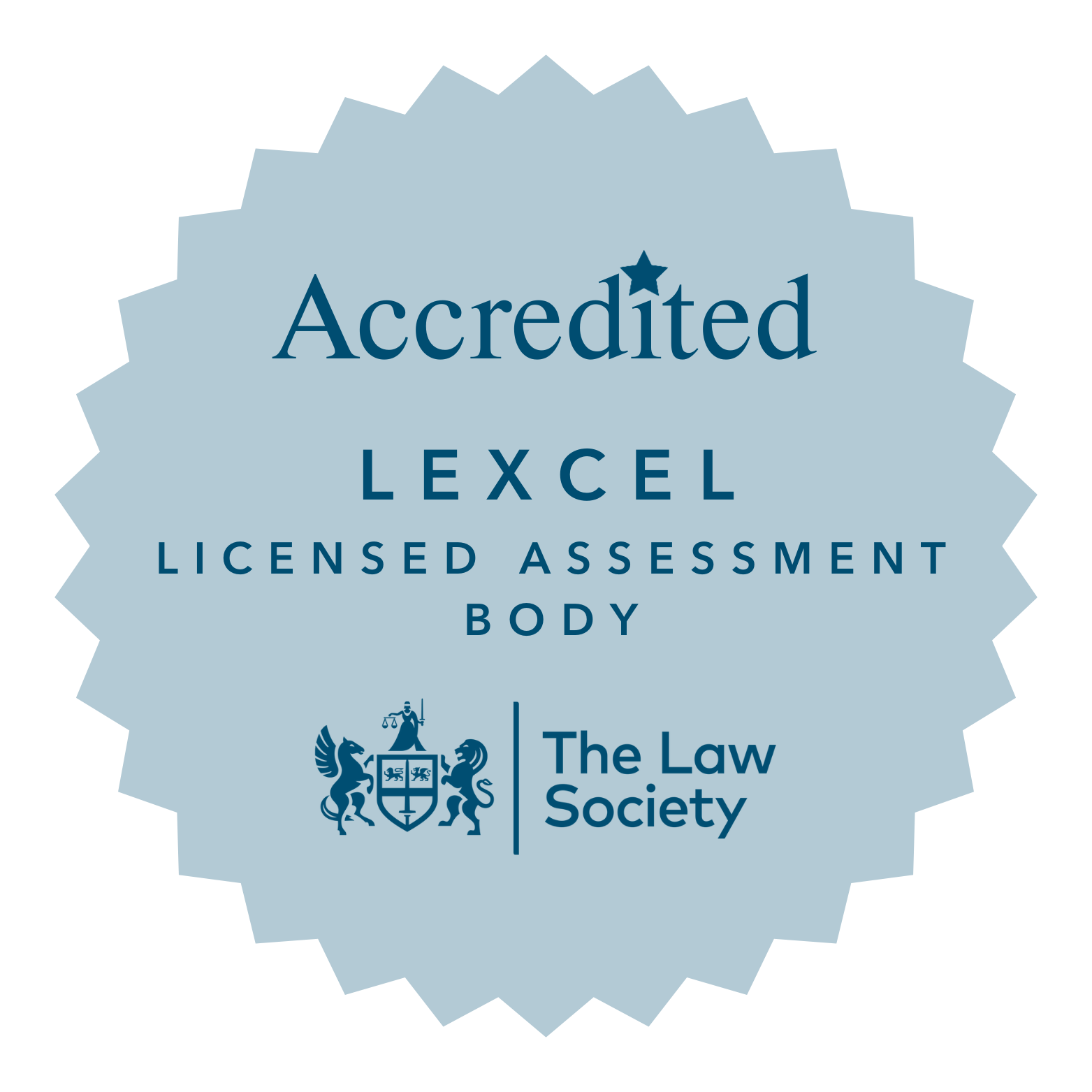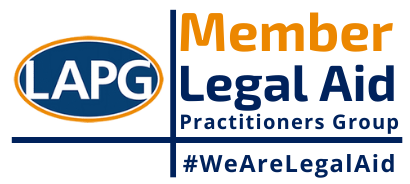What happens at a MIAM and who attends?
A MIAM is a meeting with a trained mediator. Both the individual intending to make the court application as well as the prospective respondent to the proceedings are both expected to attend MIAMs. They often take place separately, but can take place together. If the prospective respondent decides to attend a separate MIAM then this should be with the same mediator.
At the meeting, the mediator will discuss with the parties the nature of their dispute and assess whether the dispute can be resolved without resorting to court proceedings. The mediator will provide information about mediation and other appropriate forms of resolving disputes, and assess whether mediation is a suitable way in which the dispute in question can be resolved.
What are the benefits?
There are many benefits to non-court dispute resolution that can be explored during a MIAM. These benefits include resolution through discussion and negotiation as opposed to through the contentious, and often stressful, nature of the court process. Attending a MIAM has the benefit of exploring dispute resolution options with a trained independent individual as well as enabling the parties to be fully informed as to the advantages of mediation.
If a MIAM is attended and it is deemed that mediation is not appropriate in the circumstances, then the applicant must ensure that the mediator confirms on their court application form or a separate form that she or he has attended the MIAM before seeking to issue their application.
Exceptions
There are a number of exceptions to the requirement to attend a MIAM prior to a relevant court application and these are set out in Part 3 of the Family Procedure Rules 2010.
If an exception is claimed, the applicant must include on their court application form confirmation from a mediator that a ‘mediator’s exemption’ applies. Such exemptions include situations where the respondent is unwilling to attend a MIAM.
Alternatively, the applicant can claim that a MIAM exemption applies. Such exemptions include cases involving domestic violence and supporting evidence of this exemption should be supplied at the first court hearing.
Even if the case progresses to court proceedings, the court has the power to adjourn proceedings at any stage in order for alternative dispute resolution, such as attendance at a MIAM, to be attempted. This may occur if proceedings are underway and the court decides that a MIAM exemption has not been validly claimed.
Who to contact?
The individual intending to make the application to court should contact a MIAM qualified mediator to set up the meeting. Creighton & Partners have experienced mediators that can offer an individual MIAM for a fixed fee of £100.00 plus VAT. If it transpires at the MIAM that non-court dispute resolution such as mediation is an appropriate way forward, Creighton & Partners are also able to offer privately funded mediation at £150 plus VAT per hour for the couple together.
For more information on MIAMs and mediation, please contact Tony McGovern and Tom Brownrigg who are both trained mediators and approved MIAM mediators on 020 7976 2233 or through the mediation section of our website.
Hanna Bellis
Paralegal


